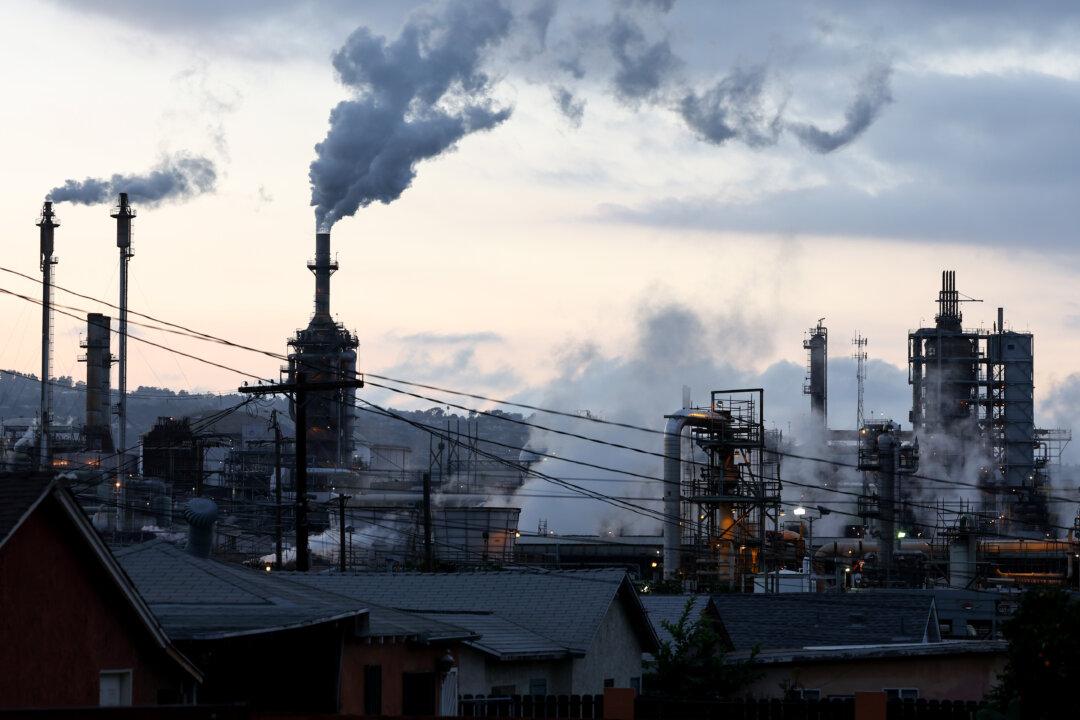The U.S. Supreme Court on Monday rejected a bid by major oil companies to move a series of climate change-related lawsuits against them out of state courts and into federal courts, where they hoped to have better odds.
The justices denied (pdf) a total of five petitions from BP, Chevron, Exxon Mobil, Shell, Suncor Energy, and Sunoco LP over lower court rulings that keep their cases in the state court where they were originally filed.





